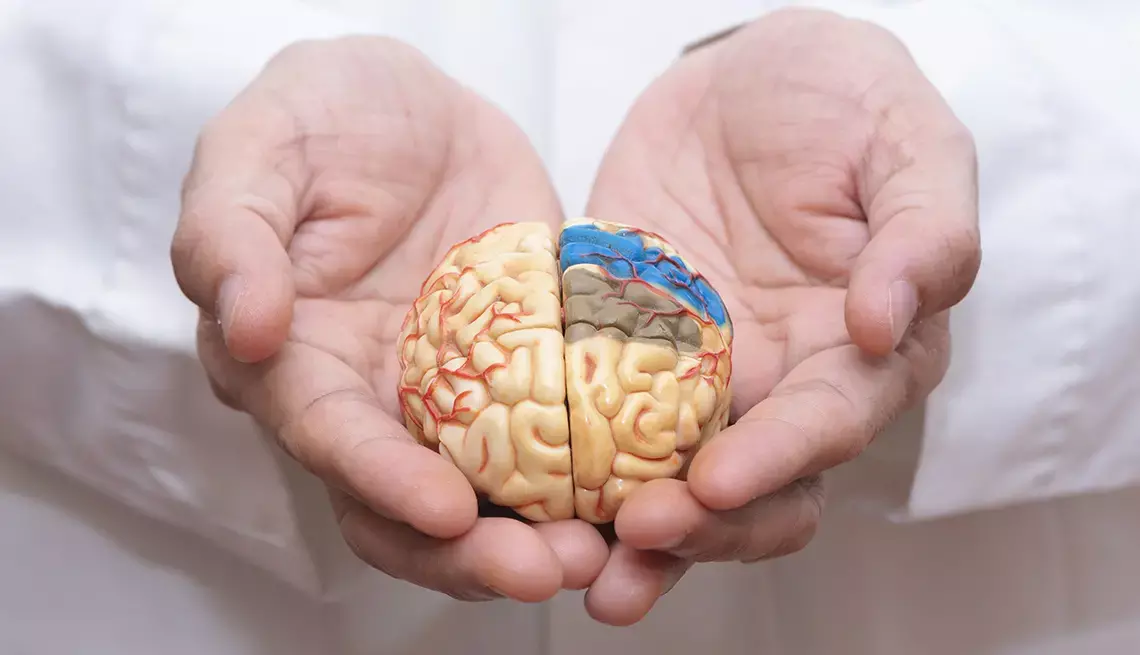- Home
- Medical news & Guidelines
- Anesthesiology
- Cardiology and CTVS
- Critical Care
- Dentistry
- Dermatology
- Diabetes and Endocrinology
- ENT
- Gastroenterology
- Medicine
- Nephrology
- Neurology
- Obstretics-Gynaecology
- Oncology
- Ophthalmology
- Orthopaedics
- Pediatrics-Neonatology
- Psychiatry
- Pulmonology
- Radiology
- Surgery
- Urology
- Laboratory Medicine
- Diet
- Nursing
- Paramedical
- Physiotherapy
- Health news
- Fact Check
- Bone Health Fact Check
- Brain Health Fact Check
- Cancer Related Fact Check
- Child Care Fact Check
- Dental and oral health fact check
- Diabetes and metabolic health fact check
- Diet and Nutrition Fact Check
- Eye and ENT Care Fact Check
- Fitness fact check
- Gut health fact check
- Heart health fact check
- Kidney health fact check
- Medical education fact check
- Men's health fact check
- Respiratory fact check
- Skin and hair care fact check
- Vaccine and Immunization fact check
- Women's health fact check
- AYUSH
- State News
- Andaman and Nicobar Islands
- Andhra Pradesh
- Arunachal Pradesh
- Assam
- Bihar
- Chandigarh
- Chattisgarh
- Dadra and Nagar Haveli
- Daman and Diu
- Delhi
- Goa
- Gujarat
- Haryana
- Himachal Pradesh
- Jammu & Kashmir
- Jharkhand
- Karnataka
- Kerala
- Ladakh
- Lakshadweep
- Madhya Pradesh
- Maharashtra
- Manipur
- Meghalaya
- Mizoram
- Nagaland
- Odisha
- Puducherry
- Punjab
- Rajasthan
- Sikkim
- Tamil Nadu
- Telangana
- Tripura
- Uttar Pradesh
- Uttrakhand
- West Bengal
- Medical Education
- Industry
Does High-dose erythropoietin improve brain damage symptoms in preterm children with IVH?

Sven Wellmann and colleagues carried out a study and found no supportive proof that high-dose erythropoietin in preterm children with intraventricular hemorrhage (IVH) alters brain damage scores on traditional magnetic resonance imaging at term-equivalent age (TEA). The findings of this study were published in the Journal of American Journal of Medical Association.
There is currently no known medicinal cure for intraventricular hemorrhage (IVH), a leading cause of newborn morbidity and death in preterm infants. In order to evaluate the safety and immediate effects of high-dose erythropoietin in preterm newborns with IVH, this research was carried out.
Eight Swiss and Austrian tertiary neonatal units provided 121 preterm infants (gestational age 32 weeks or birth weight 1500 g) aged 8 or less days who had moderate to severe IVH identified by cerebral ultrasonography for the randomized double-blind clinical trial between April 1, 2014, and August 3, 2018. The period covered by the statistical analysis was from October 1, 2019, through September 12, 2022. At four different times between weeks one and four of life, infants received intravenous high-dose erythropoietin (2000 units/kg body weight) or a placebo. Secondary outcomes were (2) brain magnetic resonance imaging results at term-equivalent age and (1) mortality and morbidity rates. The composite intelligence quotient at age 5 was the main result (not available before 2023).
The key findings of this study were:
61 newborns (61% male [n = 37]) were randomly allocated to receive placebo, and 60 infants (60% male [n = 60]) were randomly assigned to receive erythropoietin.
In the erythropoietin group, the median birth weight was 832 g (IQR, 687-990 g), while in the placebo group, it was 870 g (IQR, 680-1110 g).
In the erythropoietin group, the median gestation was 26.1 weeks (IQR, 24.8-27.3 weeks), while in the placebo group, it was 27.0 weeks (IQR, 24.9-28.1 weeks).
The baseline features and morbidities of the 2 groups were comparable. Up until TEA, 10 neonates (16.7%) in the erythropoietin group and 5 infants (8.2%) in the placebo group had infant mortality.
Erythropoietin-treated infants had greater mean hematocrit levels.
100 newborns underwent conventional magnetic resonance imaging at TEA, and neither the global nor regional brain damage ratings were significantly different.
In conclusion, although the erythropoietin group had higher mortality, this finding should be reevaluated in light of the results of subsequent trials with similar objectives.
Reference:
Wellmann, S., Hagmann, C. F., von Felten, S., Held, L., Klebermass-Schrehof, K., Truttmann, A. C., Knöpfli, C., Fauchère, J.-C., Bührer, C., Bucher, H. U., Rüegger, C. M., Meyer, P., Konetzny, G., Däster, C., Schulzke, S. M., Kasser, S., Gerull, R., Nelle, M., … Bubl, B. (2022). Safety and Short-term Outcomes of High-Dose Erythropoietin in Preterm Infants With Intraventricular Hemorrhage. In JAMA Network Open (Vol. 5, Issue 12, p. e2244744). American Medical Association (AMA). https://doi.org/10.1001/jamanetworkopen.2022.44744
Neuroscience Masters graduate
Jacinthlyn Sylvia, a Neuroscience Master's graduate from Chennai has worked extensively in deciphering the neurobiology of cognition and motor control in aging. She also has spread-out exposure to Neurosurgery from her Bachelor’s. She is currently involved in active Neuro-Oncology research. She is an upcoming neuroscientist with a fiery passion for writing. Her news cover at Medical Dialogues feature recent discoveries and updates from the healthcare and biomedical research fields. She can be reached at editorial@medicaldialogues.in
Dr Kamal Kant Kohli-MBBS, DTCD- a chest specialist with more than 30 years of practice and a flair for writing clinical articles, Dr Kamal Kant Kohli joined Medical Dialogues as a Chief Editor of Medical News. Besides writing articles, as an editor, he proofreads and verifies all the medical content published on Medical Dialogues including those coming from journals, studies,medical conferences,guidelines etc. Email: drkohli@medicaldialogues.in. Contact no. 011-43720751


